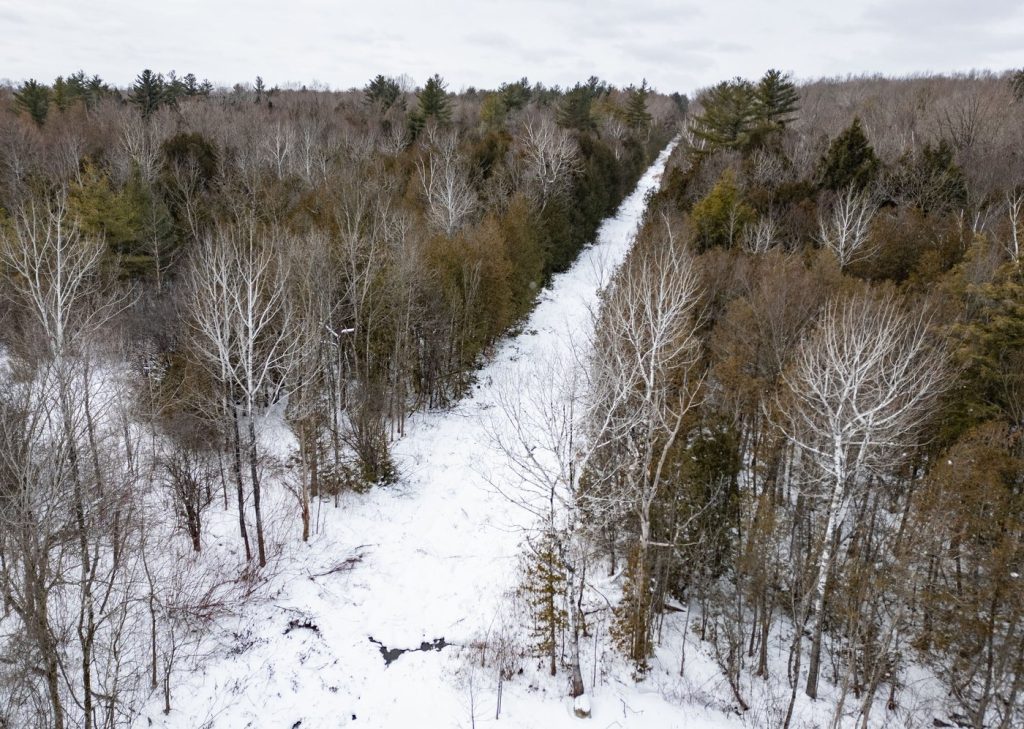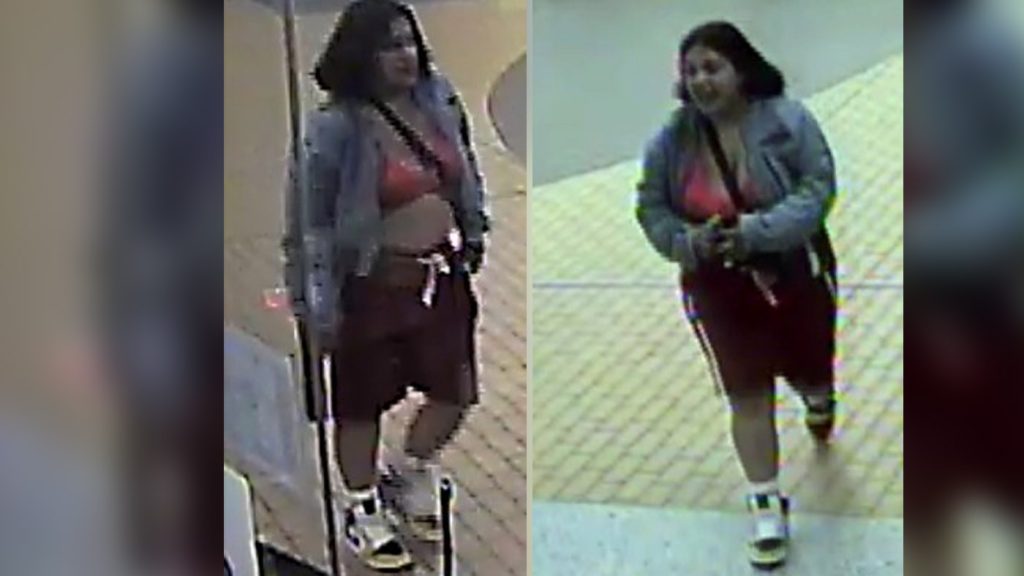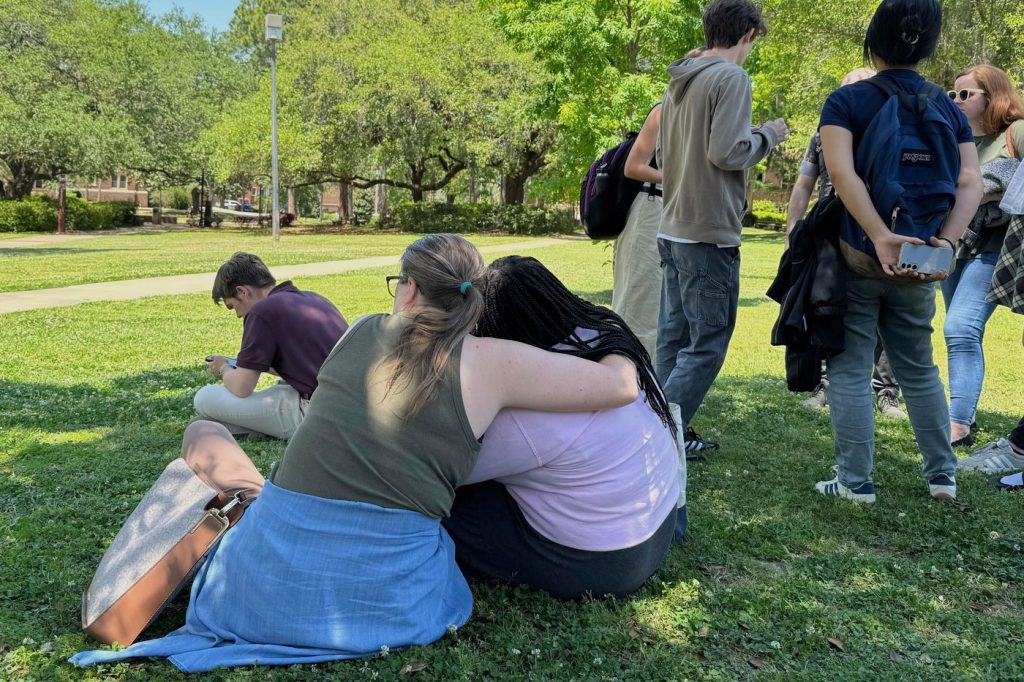2024 U.S. Election: How Americans in Canada and abroad can register to vote

Posted August 15, 2024 3:51 pm.
Last Updated August 15, 2024 3:54 pm.
As the 2024 U.S. election cycle heats up weeks before Americans go to the polls, the push to get citizens who live aboard to vote is also growing.
Election day across the United States is Nov. 5, but unlike Canada registration deadlines vary based on the state in which a ballot is cast. States administer federal races (president, senate, house of representatives etc.) on the ballot.
According to the non-profit, non-partisan Center for U.S. Voters Abroad Turnout Project, approximately 2.9 million Americans are eligible to vote outside the country’s borders. It offers online guidance to voters on filling out the necessary forms.
Paid ads touting the initiative have been posted on social media channels like Reddit and Instagram, encouraging eligible people to request a ballot.
Also, both major parties in the United States have affiliated organizations to support voters and encourage registration: Democrats Abroad and Republicans Overseas.
The matchup of Kamala Harris and Tim Walz versus Donald Trump and J.D. Vance has resulted in surging interest in the presidential race and advertisement spending by both camps has ramped up.
The absentee voting process: How to request a ballot
For eligible voters 18 and above who are working, studying, vacationing and/or living abroad, the first step in the process is determining which state the ballot will be assigned to.
When filling out the Federal Post Card Application (FPCA), which is a standardized process of registration, and requesting an absentee ballot request form across all states, a voting residence must be listed.
According to the U.S. Federal Voting Assistance Program (FVIP) website, the voting residence is the state where a citizen last lived before leaving the country. If a P.O. box is put as a voting residence, it could lead to disqualification. Officials noted you don’t need to own or rent property in that state or have an intention to return to the state.
If someone is a U.S. citizen but has never lived in the country, there is a list of rules by state on whether or not a ballot can be recognized. To determine a state, many recognize the right to vote based on where the person’s parent(s) last lived.
Officials also made this note about potential tax implications.
“Voting in an election for federal office often may not be used as the sole basis of determining residency for the purpose of imposing state and local taxes. When claiming a new legal residence or domicile, legal counsel should be consulted because there may be other factors to consider such as tax implications,” they wrote.
Deadlines for requesting a ballot
Officials encourage people to fill out FPCAs in January of each year to vote in eligible state and/or federal races.
Once the voting residence has been confirmed and the FPCA has been completed, it must be sent to the relevant state. Each state has different offices to contact and different registration and ballot receipt deadlines.
August is here! You might have upcoming voting deadlines as early as today or later this month. Check your state-specific deadlines at https://t.co/mnGmcxDh5M.#FVAP #votefromabroad #absenteevoting #vote #overseasvoter #livingabroad #expatlife pic.twitter.com/JUyF5U4JlU
— FVAP.gov (@FVAP) August 1, 2024
Certain states allow for digital and fax submissions, but many still rely on main delivery.
A complete breakdown of dates, contacts and voting information by state or territory is listed in a 488-page FVIP 2024-2025 voting guide. Click here to view it. For an easier breakdown by state and territory, click here.
If interested in voting, it’s important to look into the registration process soon. Generally speaking, many states have early October registration deadlines while some go as late as early November. However, in Puerto Rico for instance, there is a Sept. 16 deadline.
U.S. election assistance in Canada
For anyone who has further questions or needs more assistance, click here to find the email address of the closest U.S. consulate in Canada.
Click here to access resources offered by the FVIP.








